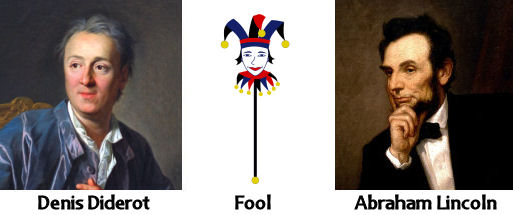Ralph Waldo Emerson? Norman Vincent Peale? Anonymous?
Question for Quote Investigator: The following statement is often attributed to the famous philosopher and poet Ralph Waldo Emerson:
What you are comes to you.
Some adherents of “New Thought” and “New Age” belief systems view this as a spiritual law. This saying reminded me of the quasi-mystical book “The Secret”. However, I have not found this sentence in Emerson’s essays. Could you examine its provenance?
Reply from Quote Investigator: QI has not located this quotation in the works of Emerson, and QI hypothesizes that the ascription to Emerson emerged from a misreading of a passage by the best-selling writer Norman Vincent Peale who was a minister and proponent of “Positive Thinking”.
In Peale’s 1967 book “Enthusiasm Makes the Difference” he included a section about a psychological strategy he labeled the “‘As If’ Principle” which was summarized with the following quotation:1
“If you want a quality, act as if you already had it.”
Peale recounted an anecdote in which an apathetic baseball player started to play as if he were enthusiastic. The athlete’s energy and vitality led to success and admiration, and these positive developments generated genuine enthusiasm.
Peale ended the section with a discussion of Ralph Waldo Emerson that included the quotation under investigation. But Peale did not claim that the short phrase “What you are comes to you” was from Emerson. In fact, the phrase was Peale’s and not Emerson’s. Peale was presenting his own summary analysis of Emerson’s perspective:
You too can activate yourself into enthusiasm by use of the “As if” principle. What you are comes to you. This remarkable principle is thus stated by Emerson, “A man is a method, a progressive arrangement; a selecting principle, gathering his like unto him wherever he goes.” So act as you want to be and you will be as you act.
Here are additional selected citations in chronological order.
Continue reading “Quote Origin: What You Are Comes To You”

